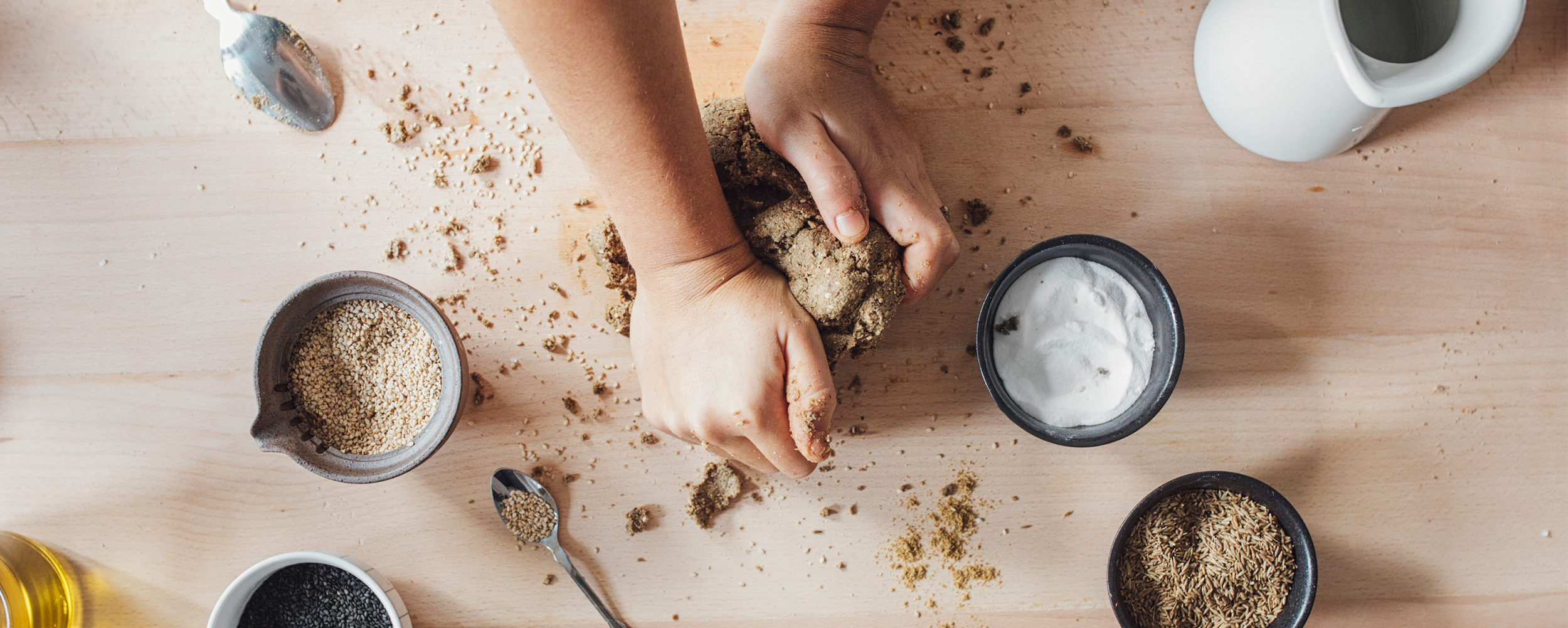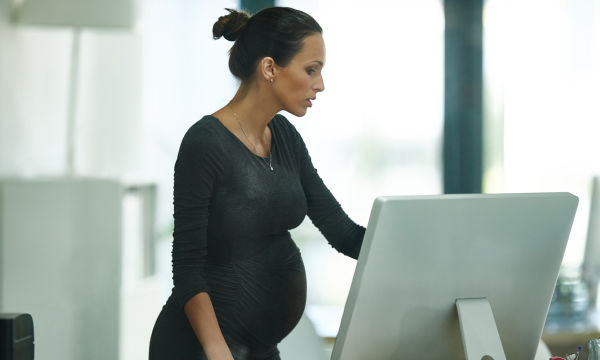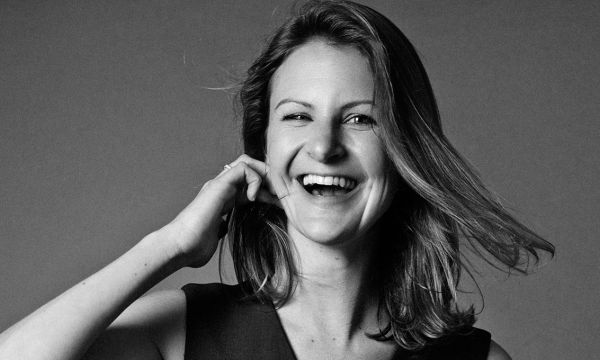How My Baking Hobby Makes Me Better at My Job
February 10, 2017 | Filed in: Your Career
As high school principal, my mom would bake banana bread, cookies, or brownies to bring to her staff meetings every Friday morning—a sweet way to end the week and incentivize her teachers to show up early. Baking was her signature gesture to engage her staff and show her appreciation for their work, and it became a tradition that everyone loved.
When I started working as a digital product manager in my twenties, I was determined to make the same connections with people throughout my career. I baked my favorites from our family recipes and brought them to team meetings. When I traveled to visit my development teams in different parts of the country and overseas, I left room in my suitcase for Ziploc bags of cookies (my mandel bread made it through customs in India, but my favorite keychain didn’t). I also packaged up goodies and mailed them to my distributed teams whenever we completed a big project. My developers started teasing me that the cookies were a bribe—one they were more than willing to accept in return for a little flexibility in our sprints.
I admit that my baking habit may have started out as a ploy for goodwill, but over time I realized that it helped improve the quality of my work, too. It’s my job to constantly evolve our website’s user experience and features by learning what our customers like and dislike. I collect feedback and try new things. The key is listening to what everyone has to say and adjusting my plans from there—similar to testing out new recipes.
In a way, baking is like kitchen product management. It’s super rewarding when good planning and detailed execution results in tasty gems you can share with others. Baking can help you find ways to iterate on your work, read your audience, get “user/eater” feedback, and improve. These skills translate seamlessly into the workplace, helping you keep perspective and take a measured approach when tackling new projects and producing optimal products.
Below, six widely-applicable skills I learned in the kitchen.
1. Planning and methodology.
I can’t just decide to make cookies unless I put in some forethought—I need to search for good recipes, gather all of the right ingredients, and have the necessary kitchen tools on hand. I also have to carve out the time in my schedule to get it all done the right way and keep a careful eye on the oven. It’s important to be measured in your approach to baking, or else the chemistry of the recipe can get the better of you. There are some parts of the recipe you can mess around with (chocolate chips or walnuts?) and there are some you really shouldn’t (like the ratio of eggs to flour). Learning the basics of preparedness helped me figure out what I can get away with flubbing and when I need to abandon ship.
2. Healthy perfectionism.
It takes a little practice to recognize good recipes and “execute” on their instruction. Once I get the hang of a recipe, I make it a few times to see where I can adjust to make it even better. I made a lemon custard pie for Thanksgiving that went over really well, but I wasn’t totally happy with the crust (a little soggy) and the custard (a little runny). So, I made the pie again for a holiday party and then a third time for New Year’s Eve. By the third time, I tweaked how I pre-baked the crust and how long I left it in the oven, and I was much happier with the outcome. No one needed to know how obsessive I was getting, and it was a fun challenge to keep working to get the pie right, while still admitting to myself the pie was always good (I just knew I could get it even better).
3. The will to leave your comfort zone.
Once you have a bit of baking rhythm, you can push yourself and tackle more complex recipes without getting overwhelmed by the amount of direction. My small claim to fame is that I make tri-color Italian rainbow cookies once a year around the holidays. They are a huge pain in the neck. The egg whites are whipped to keep the cookies fluffy, and you have to bake the batter as three separate cakes to get the red, yellow, and green layers. You also have to compress them back into one cake overnight before painting chocolate on both sides. Luckily, this recipe yields over 100 cookies, so it’s well worth it to share the love (and share some more). Mastering these cookies was a huge confidence builder for me and pushed me to try new and harder recipes—sugar candies, breads and pastries, and traditional desserts from other countries.
4. Learning how to fail.
I’ve had some spectacular baking failures. There was that time I forgot to add the flour to my chocolate chip cookies, resulting in crispy chocolate puddles. And then there was the time I used self-rising flour by accident, causing my olive oil cake to explode in the oven in front of my dinner guests. I’ve over-salted, under-baked, and over-whipped. I’ve made cookies that taste like a barnyard by assuming whole wheat flour would make my recipe “healthier.” And all of it was totally fine. Baking can be tricky, but the kitchen represents a safe place where you can experiment and fail with little consequence. You can get comfortable with the idea that messing up is totally fine, as long as you learn from your mistakes and try again. And no one ever needs to know (unless you blog about it).
5. Learning how to win.
Baking is an accomplishment—you created something that didn’t exist before you put in the effort. Why not share and let everyone tell you how awesome you are for bringing oatmeal raisin cookies to the morning meeting? The positive reinforcement reminds you why you put in the effort in the first place.
6. Soliciting feedback (and meaning it).
A big part of improving is understanding what needs adjustment. You may have your own ideas on what can be better, and it’s equally important to source input from others. I might think my chocolate mint cookies taste just like Girl Scout Thin Mints, but everyone else might think they’re hard as rocks or that there’s too much peppermint. I always ask for my tasters’ feedback to see how I can improve. I really want to know what people think, and I start with the assumption that there is always something I can do better. I don’t think of critical feedback as a larger criticism of my baking, and this keeps me open to the opinions of others and ready to tailor my approach.









